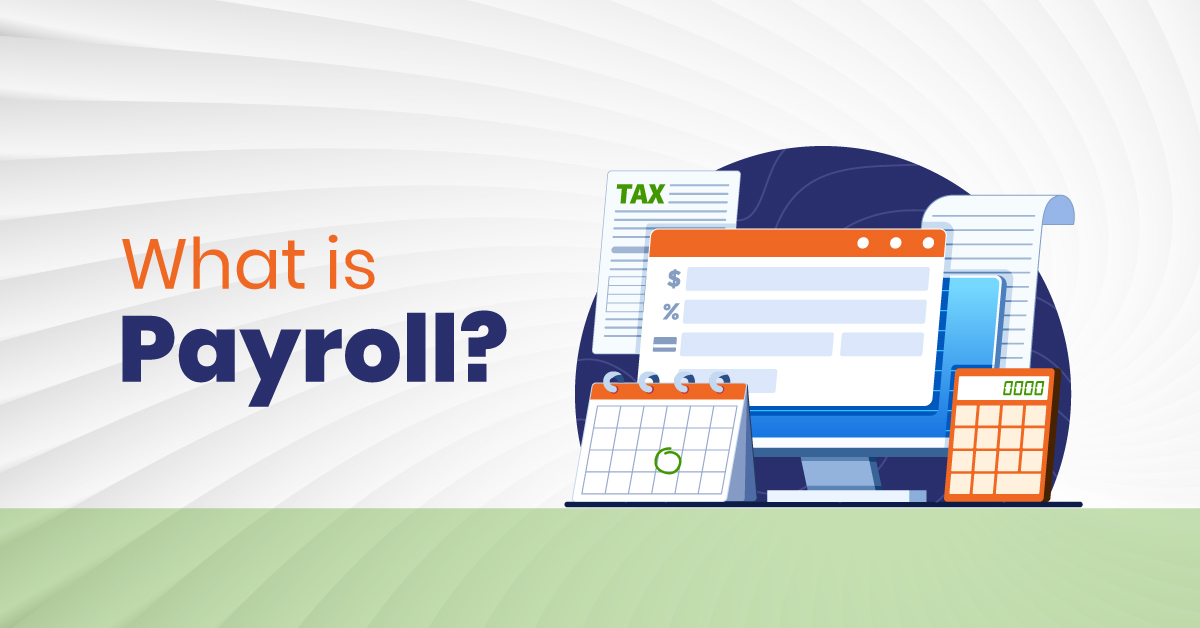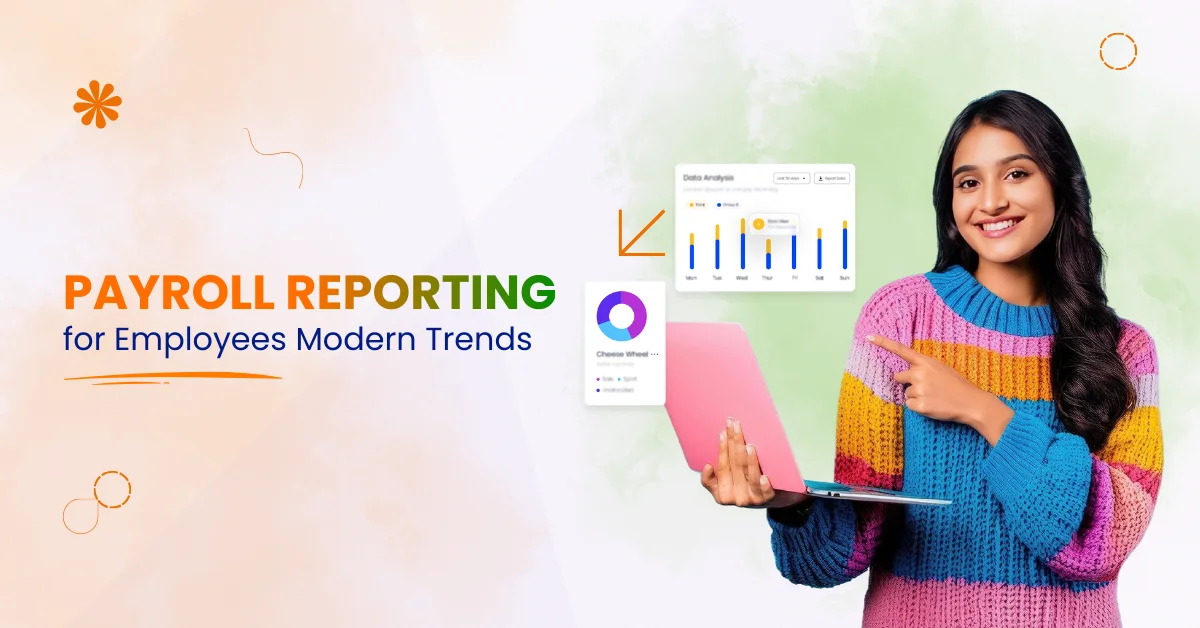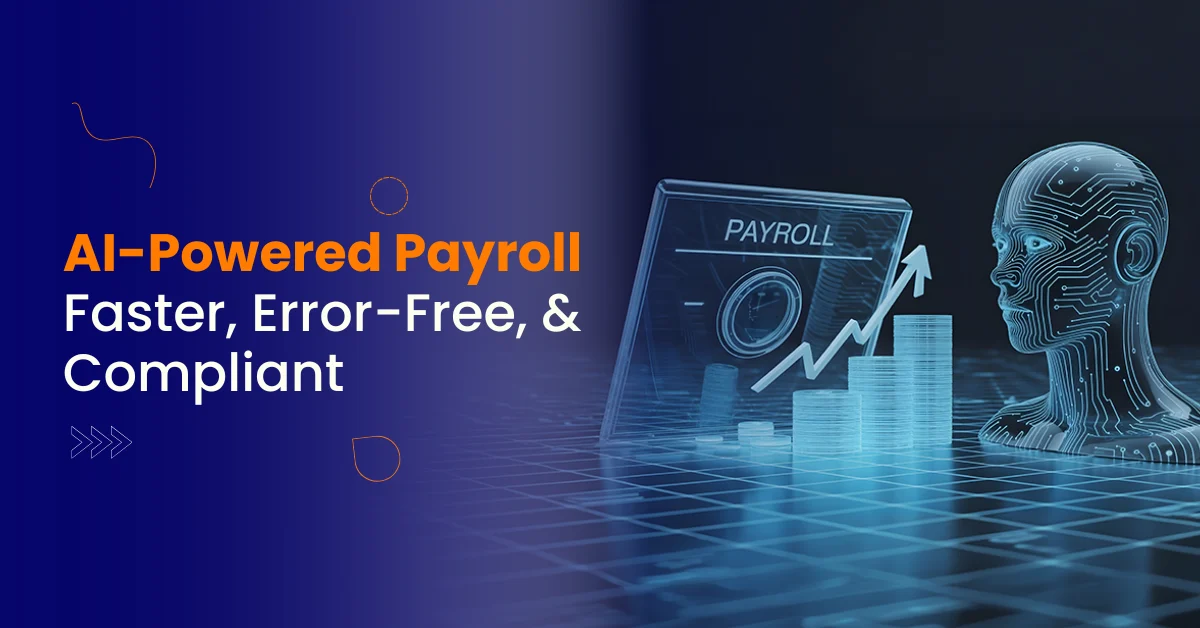Payroll in India is more than just paying salaries. Every pay cycle involves statutory deductions, tax filings, record maintenance, and strict compliance with Indian labour laws. Even small payroll errors can lead to penalties, notices, or employee dissatisfaction.
This guide explains how payroll works in India, why payroll compliance matters, and how businesses can manage salary processing accurately and transparently.
Payroll Meaning in India
Payroll, meaning in India, refers to the process of calculating employee salaries, applying mandatory deductions such as Provident Fund, Professional Tax, and income tax (TDS), paying employees on time, maintaining payroll records, and complying with Indian labour and tax laws.
Payroll involves income tax (TDS) deductions and statutory filings governed by the Income Tax Act, as prescribed by the Income Tax Department of India.
What Is Payroll?
Payroll is the structured system organizations use for paying employees accurately and consistently. It ensures employees are paid according to their wages, employment type, and pay period while meeting legal requirements related to minimum wage, tax deductions, and statutory compliance.
A payroll system typically includes:
- Calculating wages for hourly employees and salaried employees
- Determining an employee’s gross pay, gross wages, and net pay
- Applying income tax withholdings, withholding taxes, and payroll deductions
- Managing employee compensation, benefit contributions, and retirement plans
- Processing payroll through payroll software or payroll services
- Handling payroll tax filings and paying payroll taxes
- Maintaining payroll records and payroll data securely
Payroll is not a one-time activity. It is a recurring operational process that must be executed accurately for every pay cycle.
Why Understanding Payroll Meaning Matters
Understanding payroll’s meaning matters because payroll sits at the intersection of people, money, and compliance.
1. Employee trust and morale
Employees receive their pay based on payroll accuracy. Incorrect employee payments—such as wrong overtime pay, missing benefit contributions, or incorrect tax deductions—directly affect employee morale and long-term employee satisfaction.
2. Legal and tax obligations
Payroll involves income taxes, employee income taxes, employer payroll taxes, and payroll tax filings. Failure to meet legal requirements can result in penalties, interest, notices from authorities, and audit exposure.
Payroll compliance in India must align with labour regulations and wage requirements notified by the Ministry of Labour & Employment.
3. Business cost control
Payroll expenses are usually one of the highest recurring costs for a business. Accurate payroll calculations help organizations forecast payroll expenses, manage cash flow, and avoid unexpected financial strain.
4. Payroll Meaning in India for Employers vs Employees
Payroll’s meaning in India has different practical implications for employers and employees, even though both are connected through the same payroll system.
i. For employers, payroll represents a legal and financial responsibility. Employers must calculate employee compensation accurately, apply statutory deductions, deposit taxes and contributions on time, file required returns, and maintain payroll records for audits and inspections. Payroll errors can expose employers to penalties, interest, compliance notices, and reputational risk under Indian labour and tax laws.
ii. For employees, payroll determines salary transparency, statutory benefits, and income-tax compliance. Employees rely on payroll to receive accurate gross pay, correct deductions, timely salary payments, and clear payslips that explain how net pay is calculated. A well-managed payroll system builds employee trust, financial stability, and confidence in the employer.
Understanding the payroll meaning in India from both perspectives is essential. While employers focus on compliance and risk management, employees focus on accuracy and fairness. A reliable payroll process aligns both interests by ensuring salaries are paid correctly, statutory obligations are met, and payroll information remains transparent.
Payroll Process in India: Step-by-Step
The payroll process follows a repeatable structure regardless of company size or industry.
1. Collect payroll inputs
Payroll begins with collecting accurate inputs, including:
- Attendance and hours worked for hourly employees
- Approved overtime pay
- Changes in yearly salary or annual salary
- Tax forms and tax withholding preferences
- Benefit selections such as health insurance and retirement plan contributions
Errors at this stage affect the entire payroll cycle.
2. Calculate gross pay
Gross pay is calculated based on employee classification:
- Hourly wages × hours worked for hourly employees
- Annual salary ÷ pay period for salaried employees
- Addition of incentives, bonuses, or overtime pay
This stage produces employees’ gross wages, also referred to as gross wages or gross pay.
3. Apply deductions and tax withholdings
After calculating gross pay, payroll applies deductions, including:
- Income tax withholdings
- Payroll deduction items
- Mandatory deductions and voluntary deductions
- Health insurance premiums and retirement plan contributions
Correct deduction handling is essential for compliance and employee clarity.
4. Compute net pay
Net pay is the amount employees receive after all tax deductions, payroll deductions, and withholding taxes have been applied.
5. Pay employees
Employees are paid through direct deposit to bank accounts or other approved salary-disbursement methods. Timely payments build confidence and financial security.
6. Pay payroll taxes and file returns
Employers must manage:
- Employer payroll taxes
- Employee tax payments
- Payroll tax filings within statutory timelines
Missed filings can result in penalties and interest.
7. Maintain payroll records
Payroll records and payroll data must be retained for audits, inspections, and internal reviews as required by law.
Employee Compensation, Gross Pay, and Net Pay
Employee compensation
Employee compensation includes employees’ wages, bonuses, benefit contributions, retirement plans, and other approved earnings. Payroll ensures all components are calculated and documented correctly.
Gross pay
Gross pay represents total earnings before deductions and may include:
- Hourly wages
- Yearly salary
- Overtime pay
- Performance incentives
Net pay
Net pay is what employees are paid after income tax withholdings, payroll deductions, and benefit contributions.
Clear payslips showing gross pay, deductions, and net pay reduce disputes and improve payroll transparency.
Payroll Taxes and Withholding Taxes Explained
Payroll taxes are taxes related to employee compensation and payroll processing. These may include:
- Income taxes
- Employer payroll taxes
- Employee income taxes
- Payroll tax filings with authorities
Mandatory Deductions vs Voluntary Deductions
Mandatory payroll deductions such as the Provident Fund are regulated by the Employees’ Provident Fund Organisation (EPFO) under Indian labour laws.
Mandatory deductions
Mandatory deductions are legally required and generally include:
- Income taxes
- Statutory contributions
- Payroll deductions are defined by law
Voluntary deductions
Voluntary deductions depend on employee choice and may include:
- Health insurance
- Health savings account (where applicable)
- Retirement plan contributions
Separating mandatory deductions from voluntary deductions improves transparency and employee understanding.
Pay Period and Paying Employees
A pay period defines how often employees are paid. In India, the most common pay period is monthly, though some industries follow weekly or biweekly cycles.
Paying employees consistently and on time—usually through direct deposit to bank accounts—supports trust and financial stability.
Real-World Payroll Example (India)
Scenario (illustrative):
- Employee type: Salaried employee
- Monthly gross wages: ₹50,000
- Provident Fund deduction: ₹1,800
- Professional Tax: ₹200
- Income tax (TDS): ₹3,000
Payroll calculation:
- Gross pay: ₹50,000
- Total payroll deductions: ₹5,000
- Net pay (employee’s pay): ₹45,000
This example demonstrates how calculating gross pay leads to net pay after payroll deductions. Actual figures vary based on tax declarations, exemptions, and statutory eligibility.
Payroll Records, Payroll Data, and Legal Requirements
Payroll records include:
- Employee’s wages history
- Payroll tax filings
- Tax forms
- Payroll calculations
- Attendance and leave data
Legal requirements mandate that payroll records be retained for audits and inspections. Secure payroll data handling protects sensitive employee information and supports compliance.
Payroll Software vs Manual Payroll Processing
Manual payroll processing
- Time-consuming
- Higher risk of errors
- Difficult to scale
Payroll software
Payroll software automates:
- Calculating wages
- Processing payroll
- Managing payroll data
- Tracking payroll expenses
As organizations grow, payroll software becomes essential for accuracy and compliance.
Managing Payroll In-House vs Outsourcing Payroll Services
Manage payroll in-house
- Requires trained payroll professionals
- Higher compliance responsibility
- Greater operational dependency on internal controls
Outsourcing payroll services
- Access to professional payroll services
- Reduced compliance risk
- Better handling of tax obligations
Outsourcing payroll services is common among growing businesses and multi-location employers.
Common Payroll Errors and Their Impact
- Incorrect employee payments
- Wrong tax withholdings
- Missed payroll tax filings
- Errors in overtime pay
These errors reduce employee morale and expose businesses to financial and legal risk.
Payroll Trends and Modern Payroll Systems
Payroll trends include:
- Increased automation
- Secure payroll systems
- Integration with the human resources department
- Improved compliance reporting and audit readiness
Modern payroll systems help organizations manage employee compensation more effectively while reducing risk.
Conclusion: Managing Payroll Correctly
Payroll is not just about paying employees. It is a structured system involving payroll taxes, payroll deductions, payroll records, payroll software, and legal compliance. When payroll is managed correctly, employees are paid accurately, tax obligations are met, and employee satisfaction improves.
Bharat Payroll supports businesses by providing structured payroll systems, accurate payroll calculations, and compliant payroll processing—helping organizations manage payroll with confidence and clarity.
Simplify Payroll Compliance in India
Ensure accurate payroll processing, statutory compliance, timely salary payments, and error-free records with expert payroll support built for Indian businesses.
FAQs
1. Is payroll mandatory for businesses in India?
Yes, payroll is mandatory for businesses in India once employees are hired. Employers must calculate salaries accurately, deduct statutory contributions, pay employees on time, and comply with income tax and labour laws, regardless of company size or industry.
2. What statutory deductions are included in Indian payroll?
Indian payroll includes mandatory deductions such as Provident Fund (PF), Professional Tax, and income tax deducted at source (TDS). Additional deductions may apply based on employee eligibility, salary structure, and state-specific labour regulations.
3. How often should payroll be processed in India?
Most businesses in India process payroll on a monthly basis, aligning salary payments with statutory filing timelines. Some industries may follow weekly or bi-weekly payroll cycles, but monthly payroll remains the most common and compliant practice.
4. What is the difference between gross pay and net pay in payroll?
Gross pay refers to an employee’s total earnings before deductions, including salary and allowances. Net pay is the amount employees receive after statutory deductions, taxes, and approved voluntary deductions are applied during payroll processing.
5. How does payroll software help businesses in India?
Payroll software automates salary calculations, statutory deductions, payslip generation, and compliance reporting. It reduces manual errors, ensures timely filings, improves data security, and helps businesses manage payroll efficiently as the employee count grows.






